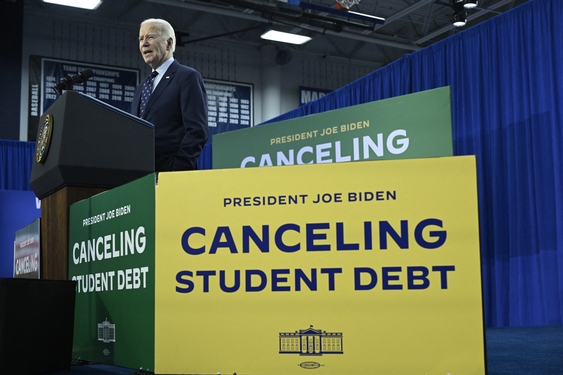The Associated Press recently compiled a list of campaign spending for Hillary Clinton and Barack Obama’s groundbreaking runs for the White House. Relying on figures current through April, the AP offered a smattering of numbers that are both astonishing and remarkably grounded.
Astonishing, yes, that the Clinton campaign could spend $3,700-plus at Starbucks or $3,200-plus at Dunkin’ Donuts. Stunning, yes, that Obama’s people dropped $15k at Home Depot and nearly $2k at Domino’s.
But in these multi-million dollar quests for the most powerful position in the world, isn’t it a bit reassuring to know that these folks need coffee in the morning just like everyone else? That they cram pizza in their mouths between appearances to discuss trade policy with Latin America and United Nations security resolutions?
Obama, following Howard Dean’s seminal model employed in 2004, and Clinton, following Obama’s lead this year after falling woefully behind in cash-on-hand, employed effective fundraising operations through the Internet, asking their supporters to donate as little as $5 so that they might feel a part of “the movement.” Five dollars might not seem like a lot in campaigns that are spending nearly $30 million on travel expenses and $48 million (Clinton) and $84 million (Obama) on media buys, but that lean Abe Lincoln bill was not lost in the shuffle.
If anything, in a year that saw Obama piece together often overlooked, sparsely-attended caucuses to create big wins and a 16-month clash of the titans come down to a less than one-half of one percent difference in the total popular vote (Michigan excluded), it was the small stuff that counted. The “average American citizen” has seen their voice and dollar expand exponentially in influence.
And it has been a long campaign. The AP calculates that there were 21 Democratic presidential debates with roughly 375,000 words spoken.
Through May 30, Obama had spent 475 days as a presidential candidate. Clinton was just days longer at 496, and it’s worth noting in light of her much-criticized comments referring to Robert F. Kennedy’s assassination in June of 1968 on the campaign trail, RFK spent only 83 days as a candidate (sandwiched between Eugene McCarthy’s stunning performance as the anti-war candidate in the New Hampshire primary and his death at the Ambassador Hotel).
It’s self-evident that in modern politics, time is money, and the longer you run the more financial fuel you need. It’s also a well-worn argument to decry the prohibitive expense of running for national office, that golden threshold that shuts out all but the most affluent and/or well-connected citizens. But I would note the shift that has taken place in 2008, viewed most notably in the Obama campaign but readily apparent in the Clinton and McCain organizations as well, to emphasize a responsiveness to voters.
Invention, naturally, stems from necessity, and each camp has found its own need to connect with constituents on an individual level: Obama turned his inexperience in Washington into a powerful anti-establishment message of change that found purchase in Iowa at the grassroots level; Clinton fell quickly behind in the delegate and popular-vote counts and had to abandon her insider connections and get out on the streets to fight for every single vote; McCain’s woeful tele-promptered public speaking skills and penchant for “straight talk” demanded constant town hall meetings that encouraged a free-flowing exchange with his audience.
The fact that Change with a capital C has been the operating word for both Democrats and Republicans hoping to capitalize upon – or survive – President Bush’s basement 30 percent approval rating has scared away lobbyists and special interest money (if not completely, at least out of the light) and vaulted the unencumbered, impassioned $5 supporter to uncommon heights. That accountability, regardless of your ideology or political bent, is invariably good for a country that claims to be of, by and for its people.
There’s an inclination to describe every election as the critical event in the history of the country, though in honest appraisal this hyperbole is rarely warranted. Elections of apathy (Bush/Gore ’00), anger (Carter/Ford ’76, Bush/Kerry ’04) fear (Nixon/McGovern ’72, Johnson/Goldwater ’64) and even contentment (Clinton/Dole ’96, Reagan/Mondale ’84, Eisenhower/Stevenson ’56) all have their place, but rarely are they remembered alongside elections that truly looked forward, presenting honest and stark contrasts for future leadership (Kennedy/Nixon ’60, Wilson/Taft/Roosevelt/Debs ’12, Obama/McCain ’08?).
Five dollars in those elections isn’t a donation or contribution. It’s an investment.



